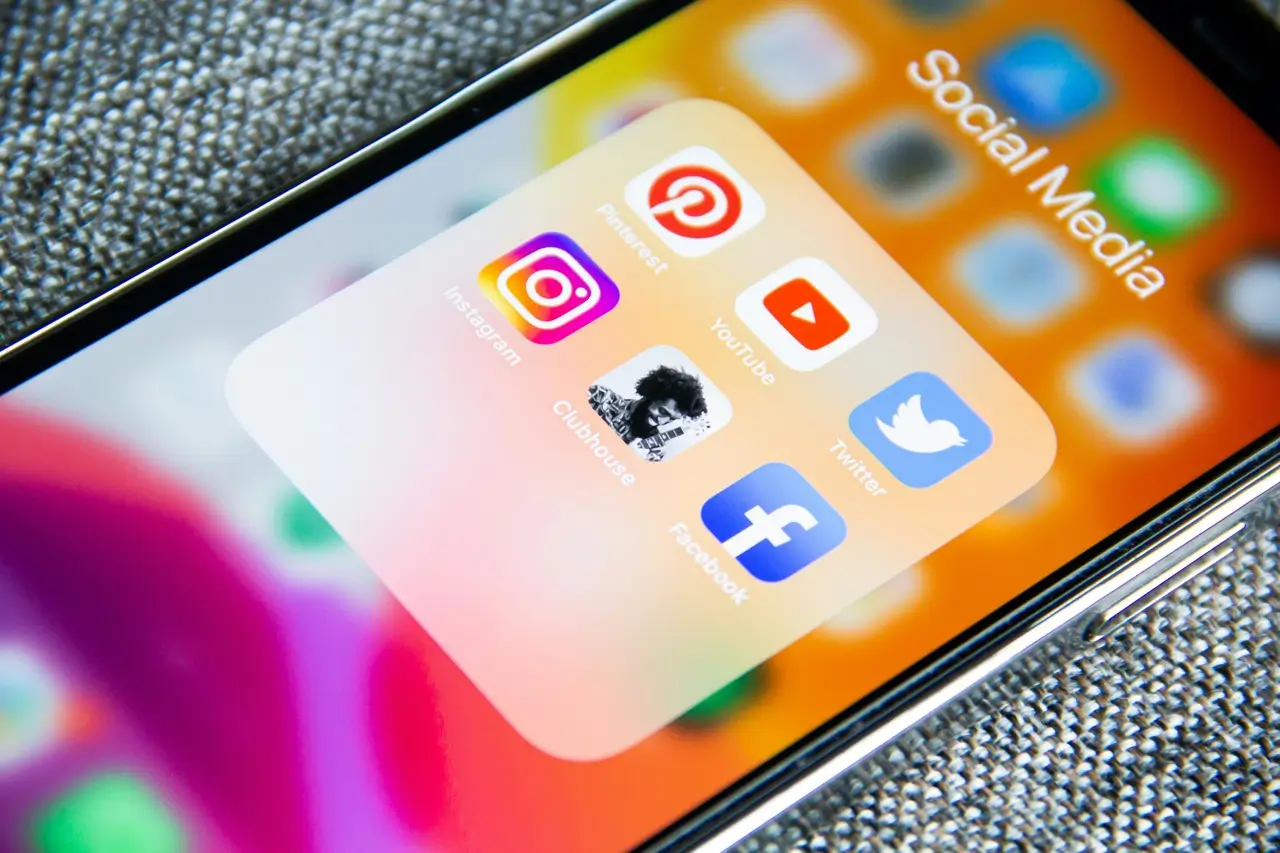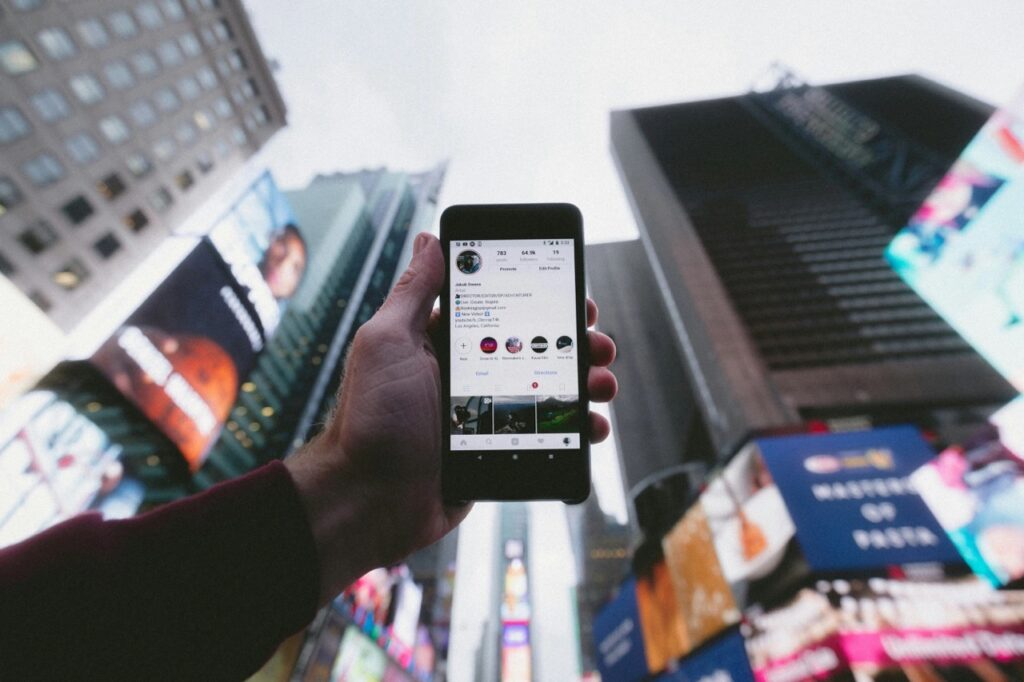Digital Detox: A Personal Story

Social media has become the crack cocaine of the digital world.
Simon Mainwaring
The Social Media Trap
Do you often get lost in the endless scroll of social media? Well, you are not alone. In today’s world, social media has become a part of our day-to-day life. It influences how we connect, share, or even think. Turns out, the first thing we do after we wake up is grab our phones to see what’s latest, and who liked and commented on the picture we uploaded yesterday.
Platforms that are meant to bring us closer together end up causing anxiety, distraction, and a never-ending loop of comparison. Furthermore, the lack of fact-checking systems allows the rapid spread of misleading information, which may have negative effects and worsen critical situations.
When we browse through the feed, we often find ourselves comparing our messy lives to the polished ones that other people have chosen to share. We evaluate people based on how many followers they have. We seek validation from those we hardly know. As a result, we are getting more and more disconnected from our own emotions. And all this at the cost of what? Let me tell you my personal story from being a doom-scroller to quitting social media. I also have some tips for you at the end. So bear with me.
My Life Before Quitting Social Media
Before I decided to quit social media, I was completely lost in the online world. I used to start and end my day with my phone in hand scrolling through feeds and reels, consuming content, and comparing myself to others.
I would frequently find myself trapped in an ocean of notifications, and experiencing an increasing sense of emptiness. Seeing other people’s highlights all the time made me doubt my own decisions, my achievements, and even my happiness.
Initially, I started using social media as an aid to boredom, anxiety, or simply looking for a distraction. But it did not lessen these emotions; on the contrary, it made them stronger.
My anxiety increased, my attention span got shorter, and I started to feel less connected to the things that used to make me happy. I realized that instead of just enjoying the moment, I was more concerned about getting the ideal photo for Instagram or thinking about the appropriate caption for a Facebook post. Even though I was “connected” to hundreds of people, I never felt more alone.
It was not too late that I noticed how much time I was wasting, hours that I could have used for better things like reading, working out, or just being in the moment. My mental health was suffering. I felt like I was at the bottom.
How I Quit Social Media and After
To be honest, It was easier to decide to stop using social media than stick with it. Since I knew I couldn’t quit straight away, I began with small, doable targets. I made the decision just to use my computer to view the applications after erasing them from my phone. I found it more difficult to monitor my accounts because of this little obstacle, and I eventually noticed that I was checking in less regularly.
I was gradually withdrawing myself from social media when something unexpected happened. In Bangladesh, where I live, there was a big movement, and the government here temporarily suspended internet access. The digital world I was immersed in all of a sudden became entirely unreachable.
It felt strange at first as if something had been suddenly taken away from my everyday routine. But as the days passed, I realized that it was exactly what I needed—a forced detachment. I discovered that I had more time to reflect, interact with my environment, and be in the present moment. It was a reset, not just a break.
I made the most of the situation by improving my web presence at this time. I put time limitations on how long I could spend on social media each day and unfollowed accounts that didn’t improve my life. I slowly lowered this time until I could go the whole day without logging in.
At last, I started to replace the time spent on social media with things that actually made me happy. I started reading self-help books. I also began journaling so that I could think back on my experiences. These little changes had a big impact, and before I knew it, social media was no longer controlling my life. I was free from all the toxicity.
I was able to escape the cycle of addiction with the support of the internet blackout in addition to my own efforts. What began as an interruption became an effective trigger for change, giving me back control over my time and focus.
Why You Should Do the Same
Social media apps are made in such a way that they will keep us hooked, using tricks to grab our attention and make us feel good. This can be bad for our mental health. This is why you should seriously think about stepping out of social media. Below are some of the things people don’t often talk about much:
The Attention Economy
The attention economy, in which your attention is the currency, is at the core of social media. Though you don’t pay with money on these platforms, you do pay with your attention and time. As American artist Richard Serra said, “If something is free, you are the product.” Each like, share, and comment is part of a larger plan meant to maximize the duration of your participation. You are always scrolling, clicking, and consuming content because complex algorithms continually monitor your habits, interests, and weaknesses.
The algorithms are made to provide you with an endless supply of content that is precisely matched to your tastes, making it very difficult to put down your phone. You spend more time and more energy on this never-ending scroll, which makes you consume more content than you ever meant.
The Dopamine Trap
Social media makes our brains release dopamine. Dopamine is a hormone that plays a role in how we feel pleasure and rewards. Our brain reacts positively each time we get a like, comment, or share, giving us a boost of this happy hormone.
The more you interact the more dopamine spikes we get. We keep coming back for more by the reward loop. This can eventually result in a number of detrimental effects, such as disturbed sleep cycles and elevated stress.
Reduced Attention Span
Social media platforms make your brain seek short information and pleasure waves, which often appear as reels or stories. Because of this, it becomes harder for you to concentrate on anything for a long amount of time.
It means our attention span got shorter. There is now an increased amount of distraction. We struggle to keep up with the flood of information, which worsens our stress and anxiety.

We are constantly bombarded with notifications and updates. This decreases our productivity and lowers our capacity to enjoy more meaningful and enjoyable activities, like reading a book, learning a new skill, or engaging in deeper conversations.
Psychological Changes
Apart from its effect on focus, social media has a significant negative psychological effect. Constant social comparison is one of the most harmful factors. We see pictures and stories of people’s carefully selected lives on social media, showing their success, perfect holidays, and happy relationships. But we often forget the fact that these are only the highlights and not the entire image. This constant comparison can cause depression, jealousy, and feelings of failure.
The Fear of Missing Out (FOMO) is another psychological trap that social media sets. According to the Cambridge Dictionary, “FOMO is a worried feeling that you may miss exciting events that other people are going to, especially caused by things you see on social media”. This explains it perfectly.
Viewing the highlights of others’ lives can make you feel anxious and stressed, as though you’re losing out on something better. Even if you know it’s not healthy for you, FOMO forces you to continuously check your feeds and notifications.
Also, we may feel more alone the longer we spend on social media. Social media, despite giving a feeling of connection, often replaces virtual contacts with in-person ones, which creates loneliness and a sense of isolation from those around us. We end up feeling more alone rather than creating true relationships.
Increased Toxicity
People are more comfortable saying things online that they would never say in person because of their anonymity. This contributes to an increase in cyberbullying, harassment, and polarizing behavior.
These platforms’ algorithms frequently favor content that is controversial or provocative, regardless of its accuracy, which promotes the spread of misinformation and fake news.
Tips for Quitting Social Media
The first thing you need to know is the addiction won’t disappear in one day or one week. It can take months. Uninstalling the apps isn’t a big deal. You can of course start with doing so. But what will happen is a void will be created. Let me explain.
When do we actually use social media? When was the last time you went to social media for a particular reason and got out of it after you were done? We generally go to social media or watch TikTok when we are bored or we want to survive an awkward situation.
Social media gives us the necessary dopamine rush we need when we feel bored. After deleting the social media app, the first few days will be awesome. But soon the boredom will kick in. You will feel like something important is missing from your life as social media is a big part of your life. There will be an unsettling feeling.
First, know that being bored is okay. What you need to do is to fill the void with something different. Experts call it ‘The aggressive alternative.’ You forcefully fill the void with something meaningful.
In my case, it was reading books. It can be fiction or non-fiction or anything you are interested in. You can focus on your hobby. You can also exercise. It is scientifically proven that doing exercise gives us “Good Dopamine” and can also help us in the long term.
You can exercise in the form of sport. I also started journaling which has a huge benefit to it. After quitting social media your mind will be blown by new thoughts and journaling could be a huge help. But try to do it on paper.
If deleting social media is a bit too much for you, start by unfollowing certain accounts which don’t add value to your life or trigger negative feelings. You can also limit your usage or switch to bedtime mode (Black and white display colour) which will discourage you from using your phone.
As for me, I switched to YouTube which has less aggressive algorithms. You can watch long forms of content or listen to podcasts and audiobooks. You can also start a YouTube channel and invest your time there.
Finally, It took me 3 months to get out of the loop, to understand that life was happening in front of me, not behind the screens. It might take 1, 3, 6 or more for you.
Don’t get anxious or angry if you fail a few times. Be patient with yourself. So start today and head towards a more meaningful life. The peace, joy, and fulfilment you are searching for are closer than you think.
Photo by Adem AY on Unsplash and Jakob Owens on Unsplash
